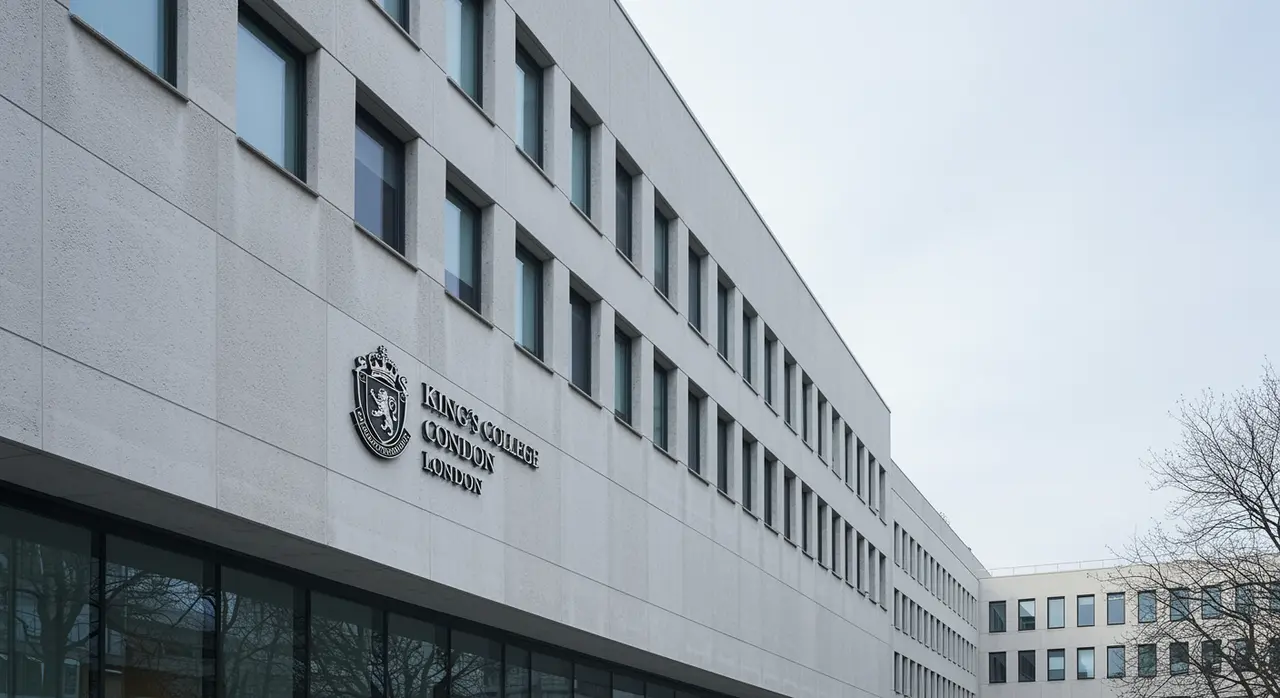King’s College London Inspires Ghanaian Students with Hydrogen-Powered Mobility and STEM Innovation
48 views
Students at East Airport International School in Accra recently found themselves at the crossroads of science and sustainability, as they delved into the world of hydrogen-powered electric mobility during an interactive session that reimagines STEM education in Ghana. This groundbreaking initiative, supported by The British Council and The Royal Academy of Engineering, seeks to ignite a passion for clean energy innovation while equipping students with practical problem-solving skills essential for the future. At the helm of the session was Dr. Tabbi Wilberforce Awotwe, a Ghanaian-born lecturer from King’s College London, whose dynamic approach inspired students to envision hydrogen-powered vehicles and explore the environmental advantages of sustainable transport.
Pioneering STEM Education for a Sustainable Future
The session marked a significant step forward in Ghana’s educational landscape, as it introduced Project-Based Learning (PBL) to young minds eager to engage with real-world challenges. By focusing on hydrogen as a clean energy source, the programme aligns seamlessly with global efforts to combat climate change and reduce dependence on fossil fuels. Students were not merely passive recipients of knowledge; they were active participants, brainstorming innovative ideas for hydrogen-powered vehicles and debating the broader implications of sustainable transport systems. This hands-on approach is a departure from traditional classroom methods, encouraging critical thinking and creativity in tackling pressing issues.

Dr. Awotwe's leadership was instrumental in bridging the gap between theoretical concepts and practical applications. As an accomplished academic with roots in Ghana, his presence lent a sense of possibility and aspiration to the session. He not only guided students through the scientific principles of hydrogen as an energy carrier but also challenged them to think beyond the confines of the classroom, imagining how their ideas could contribute to Ghana’s sustainable development goals.
The initiative’s ambitions extend far beyond the walls of East Airport International School. With plans to reach over 650 students nationwide, the programme aims to foster long-term collaboration between Ghanaian and UK institutions. Its scope is expansive, encompassing fields such as robotics, artificial intelligence, and clean energy—areas poised to define the technological landscape of the future. By integrating these themes into STEM education, the programme seeks to cultivate a generation of innovators equipped to address the challenges of a rapidly changing world.
Teachers who participated in the session were quick to praise its impact, noting the enthusiasm and curiosity it sparked among students. For many, the introduction of hydrogen-powered mobility served as a gateway to broader discussions about sustainability and environmental stewardship. The session also dovetails with Ghana’s broader educational strategy, which emphasizes the integration of sustainable development goals into the curriculum. By focusing on clean energy and practical problem-solving, the initiative aligns with national priorities while preparing students for careers in emerging industries.
The resonance of this programme lies not only in its immediate educational benefits but also in its potential to inspire systemic change. At a time when the global transition to renewable energy is gaining momentum, Ghana’s investment in STEM education centered on sustainability could position the country as a leader in clean energy innovation. The collaboration between Ghanaian and UK institutions offers a model for international partnerships that prioritize shared knowledge and resources, creating a fertile ground for breakthroughs in science and technology.
As the session concluded, the excitement among students was palpable, a testament to the transformative power of experiential learning. Dr. Awotwe’s call to action—encouraging students to dream big and think critically—underscored the essence of the programme. It is not merely about understanding the science of hydrogen; it is about envisioning a future where clean energy solutions are at the heart of societal progress.
The initiative serves as a reminder that education is not just a tool for personal advancement but a catalyst for collective change. By empowering young minds to tackle global challenges, programmes like this lay the groundwork for a more sustainable and equitable world. In Accra, the seeds of innovation have been sown, and the possibilities are as boundless as the imaginations of the students who participated.